Hometown Heroes: Donat Bay’s ‘destiny’ leads him to Plowshare Farm in Greenfield
|
Published: 02-27-2024 9:24 AM
Modified: 02-27-2024 1:01 PM |
How does someone from Switzerland end up co-founding a lifesharing community in the Monadnock region where people of various abilities – including those with special needs – live and work side by side?
“I guess it’s destiny,” said Donat Bay, founder of Plowshare Farm in Greenfield and the Monadnock Ledger-Transcript’s Hometown Hero for February. He was nominated by Sam Blair, who both works at the farm and is Bay’s son-in-law.
Gary Goldsmith, whose son Denis Penna lives at Plowshare, wrote, ”Our son Denis has been living at Plowshare for more than 20 years, and had a relationship with Donat for years before that. No one has had a more profound and positive long term impact on Denis’s life than Donat. We’ve always described Donat as the ‘real deal’ — equal parts carpenter, contractor, community builder and an incredibly gifted teacher. He has an uncanny ability to embrace and involve people with all kinds of needs and abilities in all aspects of life at Plowshare. And he does it all with tremendous insight into each individual he works with, but more importantly with tremendous joy and an incredibly open heart.”
Originally from Basel, Switzerland, Bay first went to Holland, and then to upstate New York before moving to Temple in 1986. Through 1999, he ran a wood shop, giving people with special needs the opportunity to work making furniture and toys.
“Work is a birthright,” he said. “Just because someone has a disability, not being able to work and contribute to society is a sad thing.”
Due to their shared work with people who had head injuries, Bay met Dr. Paul Corcoran of Hancock, whose work included co-founding the Boston Center for Independent Living (BCIL) for severely disabled people in a space donated by Boston University in the 1970s. Corcoran owned the property that became Plowshare Farm – named for the Bible verse Isaiah 2:4: “He will judge between the nations and will settle disputes for many peoples. They will beat their swords into plowshares and their spears into pruning hooks. Nation will not take up sword against nation, nor will they train for war anymore.”
“He felt we needed more space for our initiatives and offered us the property,” Bay said.
According to Bay, the property was run down and needed a lot of work, but it had a lot of potential. Today, he said Plowshare includes about 45 people in four households, striving “to foster social, cultural and agricultural renewal through an alternative way of living in relationship to each other and to the land which sustains us” and “offer a truly inclusive environment where people with a diverse range of capabilities and challenges can thrive,” according to the farm’s website, plowsharefarm.org.
Article continues after...
Yesterday's Most Read Articles
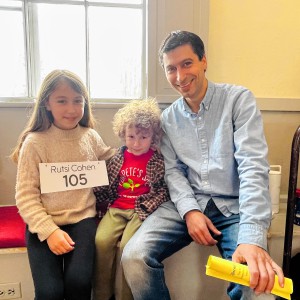 Spellers strut their stuff at inaugural Greenfield Spelling Bee
Spellers strut their stuff at inaugural Greenfield Spelling Bee
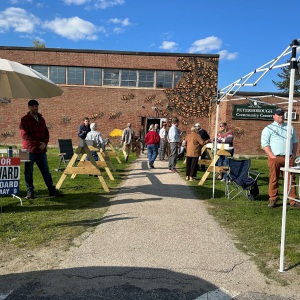 Meet the candidates in this year’s Peterborough town election
Meet the candidates in this year’s Peterborough town election
 Mary Lawler remembered for a life of service
Mary Lawler remembered for a life of service
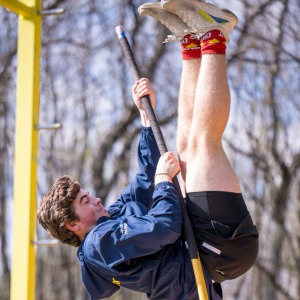 ConVal track and field makes its one home meet count
ConVal track and field makes its one home meet count
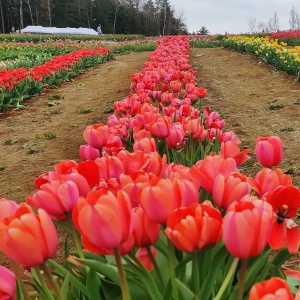 PHOTOS: The Farm at Wolf Pine Hollow holds TulipFête 2024
PHOTOS: The Farm at Wolf Pine Hollow holds TulipFête 2024
“It’s basically regular extended families,” Bay said.
The farm also does not use terms such as “staff” and “clients.”
“We try to blur those lines,” Bay said.
Bay said it is gratifying to see people flourishing and working the land. As part of what Plowshare calls “partnering with the land,” the farm grows organic food and makes most of its own energy through solar panels and wood stoves.
“We have plenty of firewood in the area, and it’s meaningful work to process it,” he said.
Coffees, baked goods and gifts made at the farm are sold at its Local Share store in Wilton, and most of the actors in an annual medieval pageant of the “Shepherds’ Play” – a tale of shepherds leaving their flocks on a cold and dark night to follow a bright star that leads them to a warm stable filled with wonder and faith – are from Plowshare.
“It’s not just people with special needs, it’s people who come to work there,” he said. “To see that unfolding is satisfying.”
One of the big decisions Bay said Plowshare Farm made to not take federal money. He said one of the reasons he left Holland was that people with disabilities who got government funding could not work, and that funding and regulations can “put people in a box.”
“It limits what we can do and adds a lot of administrative work instead of what we can do with people,” he said of federal funds. “It focuses on the disability and not the people themselves.”
Bay, 70, “retired” from Plowshare last September, but only in the sense that he no longer takes a salary. He said Social Security, Medicare and Medicaid take care of his needs, and he still works and lives at the farm.
Each month, the Monadnock Ledger-Transcript will recognize one of our region’s many Hometown Heroes. Nominate a Hometown Hero at ledgertranscript.com/SpecialPages/Hometown-Heroes.

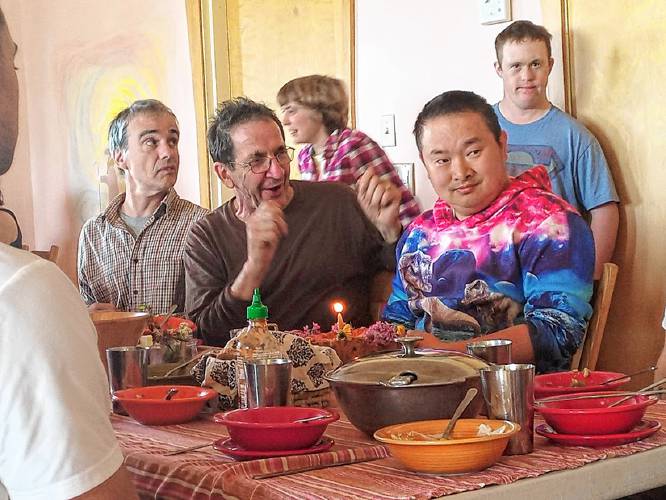
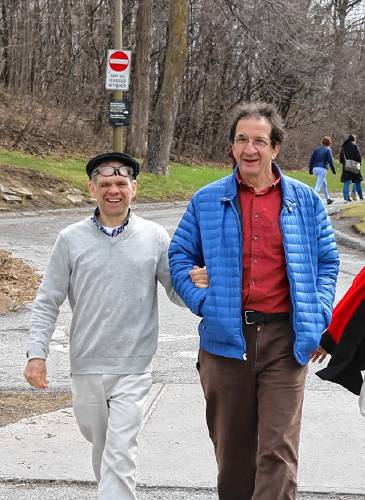
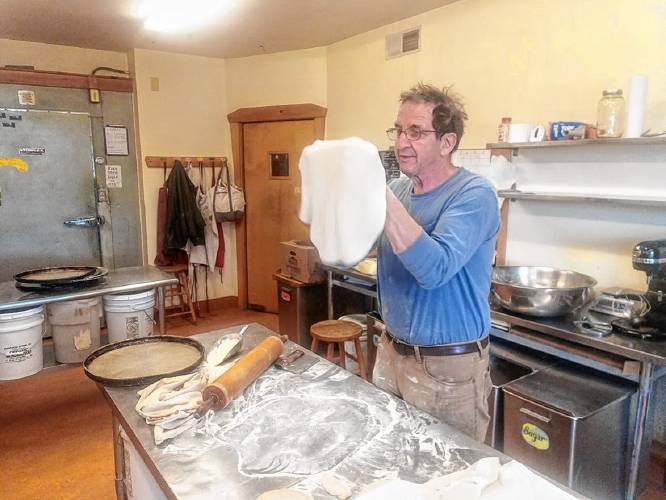
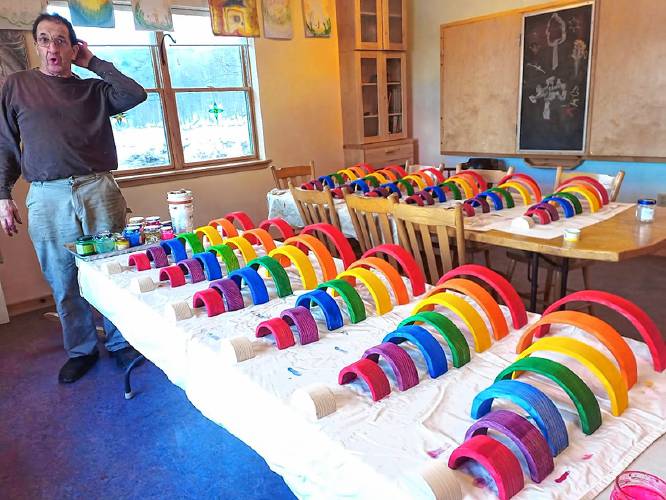
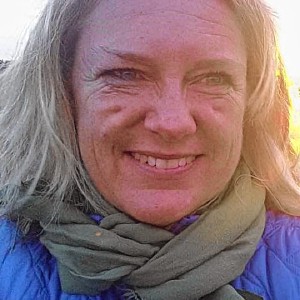 The Greenfield Beat: Jesseca Timmons – Meet Greenfield’s new School Board rep
The Greenfield Beat: Jesseca Timmons – Meet Greenfield’s new School Board rep
